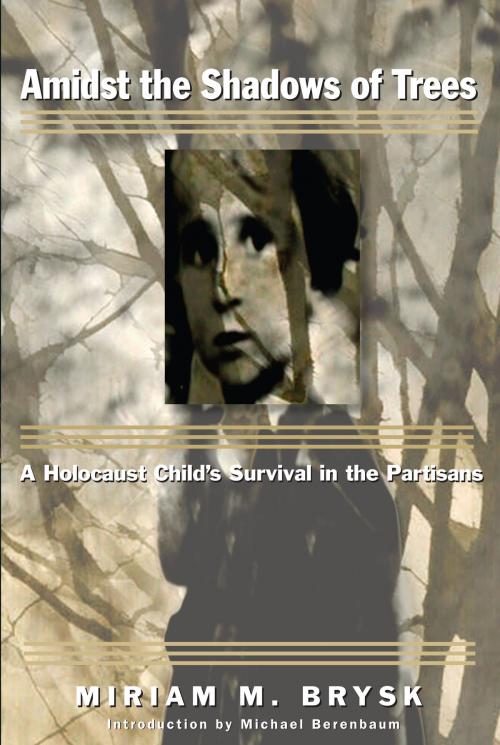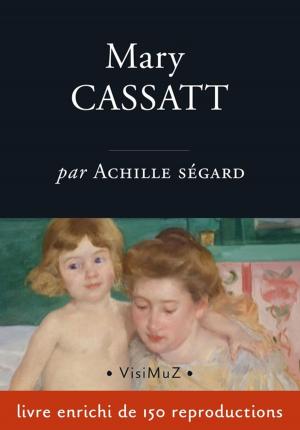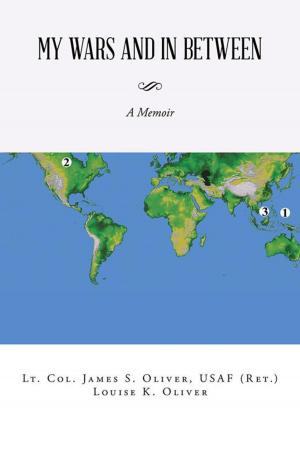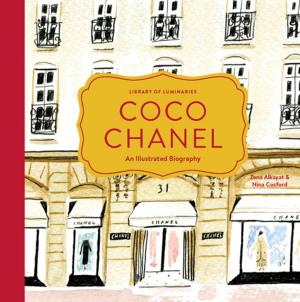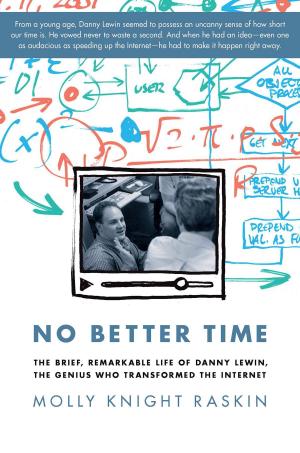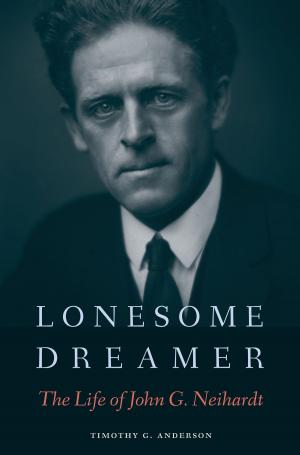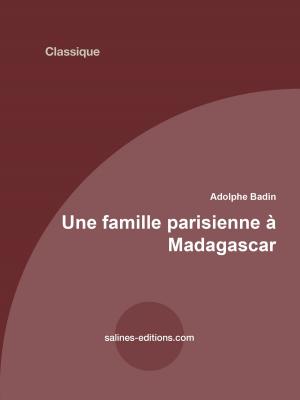Amidst the Shadows of Trees: A Holocaust Child’s Survival in the Partisans
Nonfiction, History, Jewish, Holocaust, Biography & Memoir| Author: | Miriam M. Brysk | ISBN: | 9780989084123 |
| Publisher: | Gihon River Press | Publication: | September 3, 2013 |
| Imprint: | Smashwords Edition | Language: | English |
| Author: | Miriam M. Brysk |
| ISBN: | 9780989084123 |
| Publisher: | Gihon River Press |
| Publication: | September 3, 2013 |
| Imprint: | Smashwords Edition |
| Language: | English |
As if to rescue the integrity of the history of the Holocaust, a wave of survivor memoirs, many literate and engaging, have appeared over the last ten years. They announce that the logical and important places to begin to examine that history are eye witnesses. Miriam Brysk’s chronicle is among the more exceptional of these works. It reflects her own life: highly accomplished, intelligent, detailed and thoughtful. At age seven, Miriam, her mother Bronka and father, Chaim Miasnik, a renowned surgeon, escaped the Lida ghetto and joined Jewish partisans in the Lipiczany Forest. Before the end of the war, Miriam estimates that her father had saved hundreds of lives and helped build and supervise a partisan hospital in the swamps of the forest. Constantly hunted by German soldiers, she experienced childhood terror that has remained with her. She lost her innocence, her childhood, her youth as she clung to her mother and her prized possession, a pistol. Her head was shaved so she would look like a boy. Her memory of the details of that time—both in the Lida ghetto and in the forest—remains remarkably sharp and distinguishes this memoir from many others. — Sidney Bolkosky, William E. Stirton Professor in the Social Sciences, Professor of History, University of Michigan-Dearborn
As if to rescue the integrity of the history of the Holocaust, a wave of survivor memoirs, many literate and engaging, have appeared over the last ten years. They announce that the logical and important places to begin to examine that history are eye witnesses. Miriam Brysk’s chronicle is among the more exceptional of these works. It reflects her own life: highly accomplished, intelligent, detailed and thoughtful. At age seven, Miriam, her mother Bronka and father, Chaim Miasnik, a renowned surgeon, escaped the Lida ghetto and joined Jewish partisans in the Lipiczany Forest. Before the end of the war, Miriam estimates that her father had saved hundreds of lives and helped build and supervise a partisan hospital in the swamps of the forest. Constantly hunted by German soldiers, she experienced childhood terror that has remained with her. She lost her innocence, her childhood, her youth as she clung to her mother and her prized possession, a pistol. Her head was shaved so she would look like a boy. Her memory of the details of that time—both in the Lida ghetto and in the forest—remains remarkably sharp and distinguishes this memoir from many others. — Sidney Bolkosky, William E. Stirton Professor in the Social Sciences, Professor of History, University of Michigan-Dearborn
